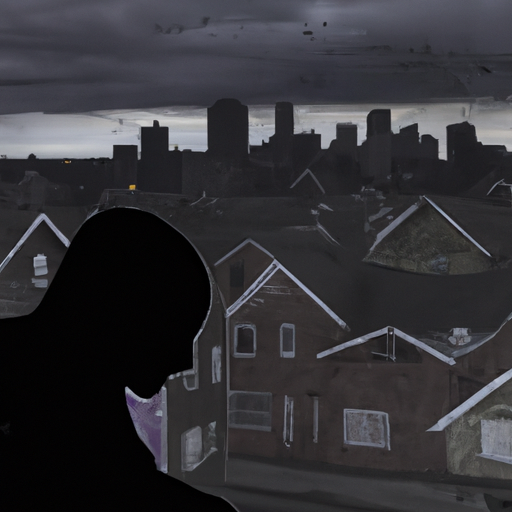Addressing the Elephant in the Room: Canada’s Opioid Crisis
In a recent piece by CBC, the dark shadow looming over Canada – the opioid crisis – has been thoroughly dissected, creating an absolute necessity for dialogue and action among civic and community leaders. This insightful report delineates the dreadful effects of the opioid crisis on lives and communities while tracing the steps taken to combat it.
The Effects of the Opioid Crisis
Before diving into the solutions, it’s crucial to visualize the massive scale of the opioid problem. The opioid crisis has infiltrated countless homes, rendering thousands homeless and sparking a rise in crime rates. It has unscrupulously eroded the fabric of families, communities, and the health system.
Homelessness and Crime
As elucidated in the CBC piece, the opioid crisis has inadvertently catalyzed homelessness and fueled crime rates. The cycle of dependence on opioids often pushes individuals towards homelessness, dismantling their lives one day at a time. Additionally, the heavy toll that addiction takes makes crime a likely side effect, with innocent lives getting caught in the crossfire.
Effects on the Healthcare System
It has placed added stress on our healthcare system, increasing the demand for medical attention related to overdoses and dependency-related health problems. The administration of naloxone – a drug used to counteract opioid overdoses – has become frighteningly common at emergency departments across the country. This rise in opioid-related casualties not only escalates healthcare costs but is also a cry for help that cannot be ignored.
Addressing the Opioid Crisis
Amidst this crisis, various actions have been taken and many more are required to gain control. The approach to combatting the opioid crisis has to be comprehensive, addressing all facets of the problem – from offering addiction treatment to holding pharmaceutical companies accountable.
The Opioid Class-Action Lawsuit
On the legal front, Canada finds itself in the midst of an opioid class-action lawsuit, as mentioned in the CBC report. Many civic and community leaders bank their hope on holding opioid manufacturers accountable for their role in the crisis. This lawsuit represents a desperate call for justice, a beacon of hope for countless lives affected by this disaster.
Relief and Rehabilitation Efforts
Another ray of hope in this grim scenario is the collaborative efforts of healthcare providers, law enforcement, and community organizations. Many are fighting tirelessly on the frontlines to provide aid to those affected, from supplying naloxone kits to offering shelters and addiction treatment programs. These localized initiatives are critical to mitigating the direct impacts of the opioid crisis.
Key Takeaways from the CBC Report:
- Opioids have a profound impact, leading to homelessness and an uptick in crime.
- Our healthcare system is straining under the weight of opioid-related emergencies and the frequent administration of naloxone.
- The opioid class-action lawsuit marks a significant step towards holding drug manufacturers accountable for their role in this crisis.
- Collaborative efforts from healthcare providers, law enforcement, and community organizations provide much-needed relief and rehabilitation to those affected.
Confronting the Crisis
In conclusion, although the magnitude of the opioid crisis is daunting, it is necessary to confront it head-on. As evidenced in the CBC report, homelessness, increasing crime rates, and the strain on the healthcare system sound a stern alarm for immediate collaboration amongst civic and community leaders. Ongoing efforts such as the opioid class-action lawsuit give a sense of direction while localized relief work provides immediate help. As we continue tackling this crisis, it is paramount we keep learning, adapting and working together for the betterment of our society.
